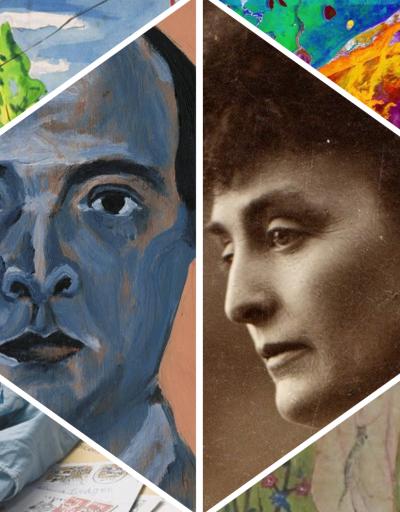
Cahiers de l’École William Ponty
This part constitutes the “showcase” of your nomination and, preferably it should be the last part to be drafted. It should contain all the essential points, so that anyone reading it can understand your presentation without even reading the entire nomination. To provide French West Africa with school teachers, a teacher training trainee college was created in Saint Louis by order of 24 November 2000. The school, attached to the General Government, was called William Ponty School.
In 1933, the school became a real African education centre with the development of Papers of William Ponty School, which are manuscripts written by third-year students during their summer holidays.
These studies deal with 28 topics related to socio-cultural aspects of Black Africa. They are precious documents bequeathed by eminent Africans who notably occupied the following high positions&column; - Mamadou DIA, Senegal, President of the Council; - Boubacar DialloTelli, Republic of Guinea, First Secretary General of the African Union (AU), from 1964 to 1972; - Lansana Béovogui, Republic of Guinea, Prime Minister; - Philippe Yacé, Côte d’Ivoire, Speaker of the National Assembly; - Assane Seck, Senegal, Minister, University Professor; - Alexandre Sénou Adandé, Dahomey, now Benin, Minister.
These documents have a universal scope because of the diversity of the regions and ethnic groups studied, their consultation by experts from the whole world and their scientific and historical value. Their popularization will contribute to enhance their visibility.
Pour pourvoir l’Afrique occidentale française (AOF) d’instituteurs, une école normale d’instituteurs fut créée à Saint-Louis par arrêté du 24 novembre 1903. Rattachée au Gouvernement général, elle fut baptisée École William Ponty.
En 1933, l’École est devenue un véritable centre d’éducation africaine avec l’élaboration des Cahiers de l’École William Ponty qui sont des manuscrits rédigés par des élèves de troisième année réalisés pendant les vacances.
Ces documents concernent 28 thèmes relatifs aux aspects socioculturels de l’Afrique noire et ont une portée universelle de par la diversité des régions, des ethnies étudiées et leur valeur scientifique et historique.


